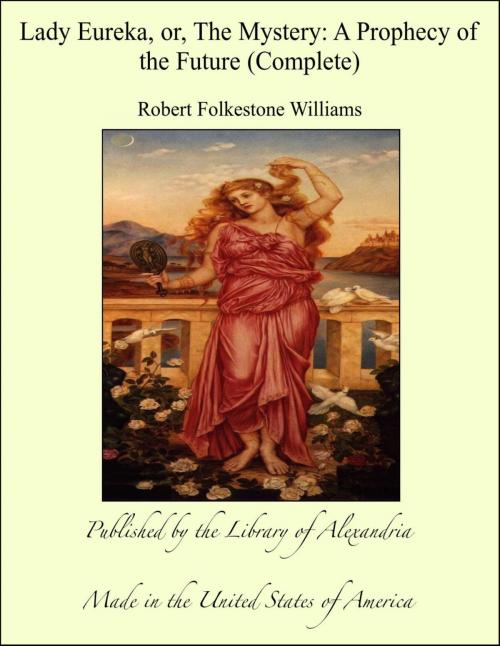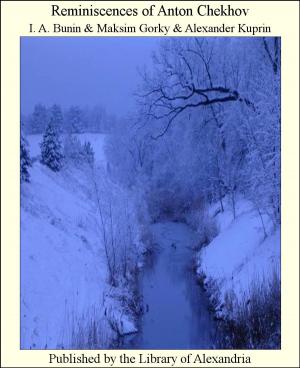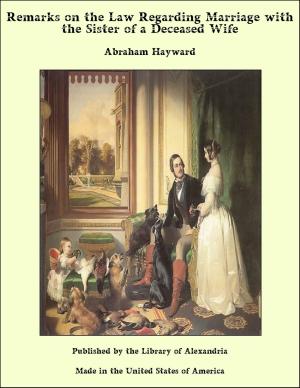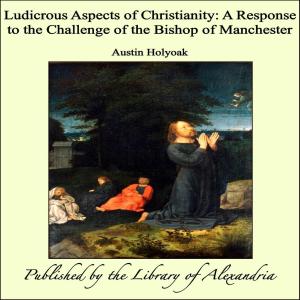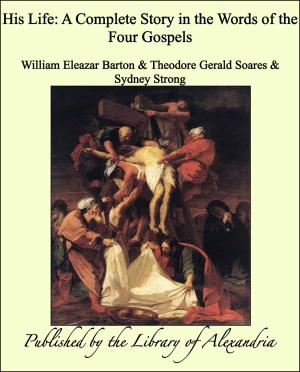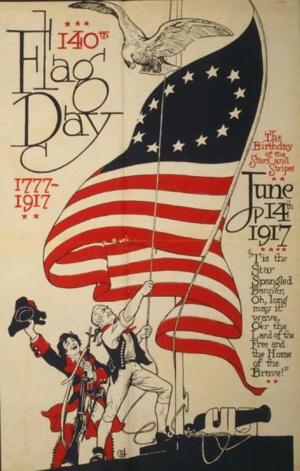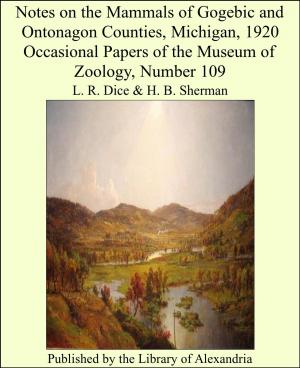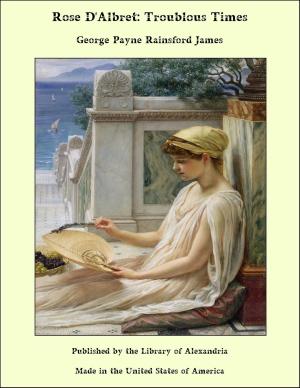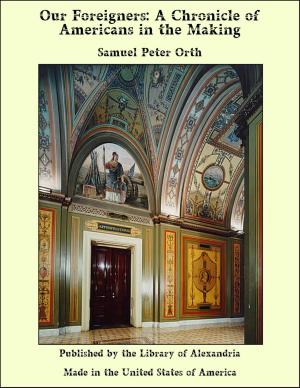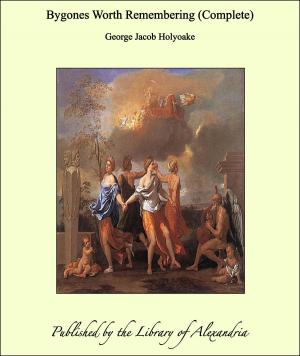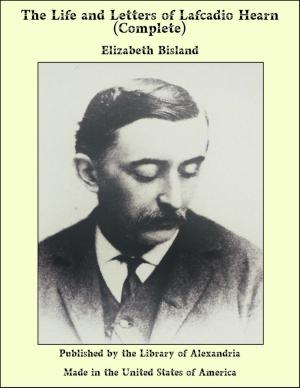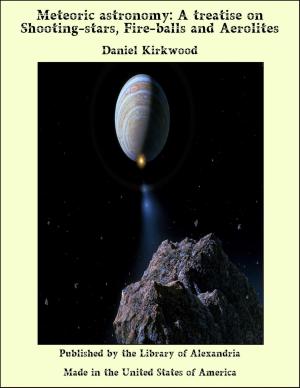Lady Eureka, or, The Mystery: A Prophecy of the Future (Complete)
Nonfiction, Religion & Spirituality, New Age, History, Fiction & Literature| Author: | Robert Folkestone Williams | ISBN: | 9781465574985 |
| Publisher: | Library of Alexandria | Publication: | March 8, 2015 |
| Imprint: | Language: | English |
| Author: | Robert Folkestone Williams |
| ISBN: | 9781465574985 |
| Publisher: | Library of Alexandria |
| Publication: | March 8, 2015 |
| Imprint: | |
| Language: | English |
“I have read a considerable portion of the imaginative literature of almost every European nation,” said Wilhelm; “and an extraordinary power of genius it evinces. The prose fictions of the present age produced in Germany and England are wonderfully excellent and abundant. I think the English exceed all others in the combination of judgment with imagination, as seen in the best efforts of Scott, Bulwer, and Godwin. After them come the Germans, and we can proudly boast of Göthe, Lafontaine, Novalis, and Hoffman. The French have much imagination and very little judgment, as exhibited in the writings of Victor Hugo, Mérimée, Paul de Kock, and Balzac, and are usually distinguished by their sins against good taste. Of Italian imaginative literature, the works I have met with that rise above mediocrity, are, ‘I Promessi Sposi,’ of Manzoni, ‘Ettore Fieramosca,’ of Massino D’Azeglio, and ‘Franco Allegri,’ which do not soar very high. Of the modern fictions of Spain, Portugal, and Holland, I know nothing; nor do I believe that there is any thing to know; but I have seen one or two romantic novels from Russia that possess considerable merit. What I object to in works of this nature, written at the present time, is the too apparent satisfaction of their authors in remaining in the beaten track. A vast majority fill their volumes with characters that have been a thousand times repeated, and with incidents and situations that are familiar to every reader.”
“I have read a considerable portion of the imaginative literature of almost every European nation,” said Wilhelm; “and an extraordinary power of genius it evinces. The prose fictions of the present age produced in Germany and England are wonderfully excellent and abundant. I think the English exceed all others in the combination of judgment with imagination, as seen in the best efforts of Scott, Bulwer, and Godwin. After them come the Germans, and we can proudly boast of Göthe, Lafontaine, Novalis, and Hoffman. The French have much imagination and very little judgment, as exhibited in the writings of Victor Hugo, Mérimée, Paul de Kock, and Balzac, and are usually distinguished by their sins against good taste. Of Italian imaginative literature, the works I have met with that rise above mediocrity, are, ‘I Promessi Sposi,’ of Manzoni, ‘Ettore Fieramosca,’ of Massino D’Azeglio, and ‘Franco Allegri,’ which do not soar very high. Of the modern fictions of Spain, Portugal, and Holland, I know nothing; nor do I believe that there is any thing to know; but I have seen one or two romantic novels from Russia that possess considerable merit. What I object to in works of this nature, written at the present time, is the too apparent satisfaction of their authors in remaining in the beaten track. A vast majority fill their volumes with characters that have been a thousand times repeated, and with incidents and situations that are familiar to every reader.”
